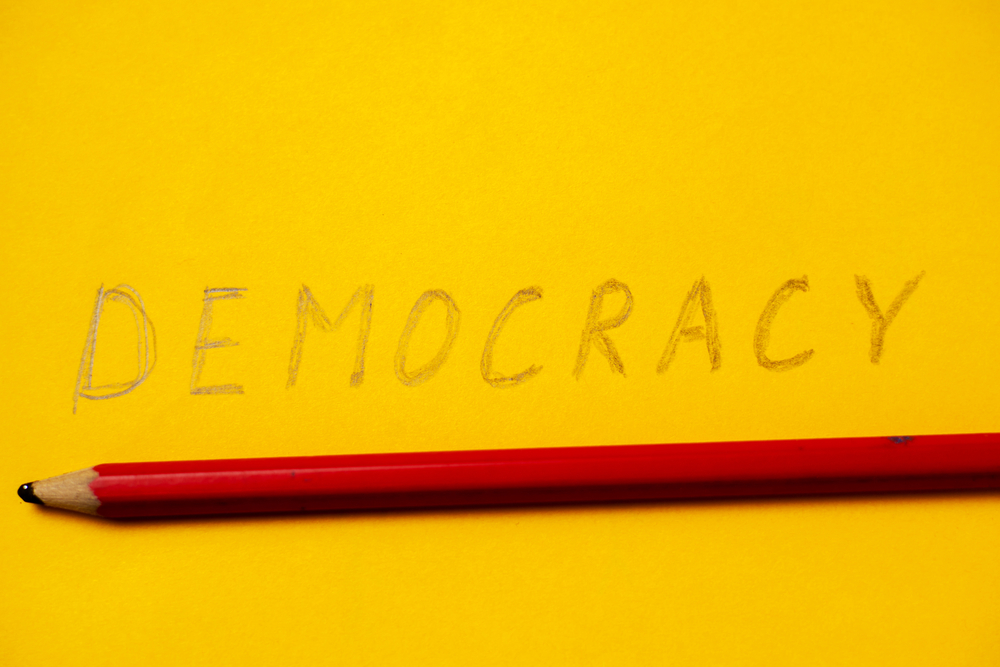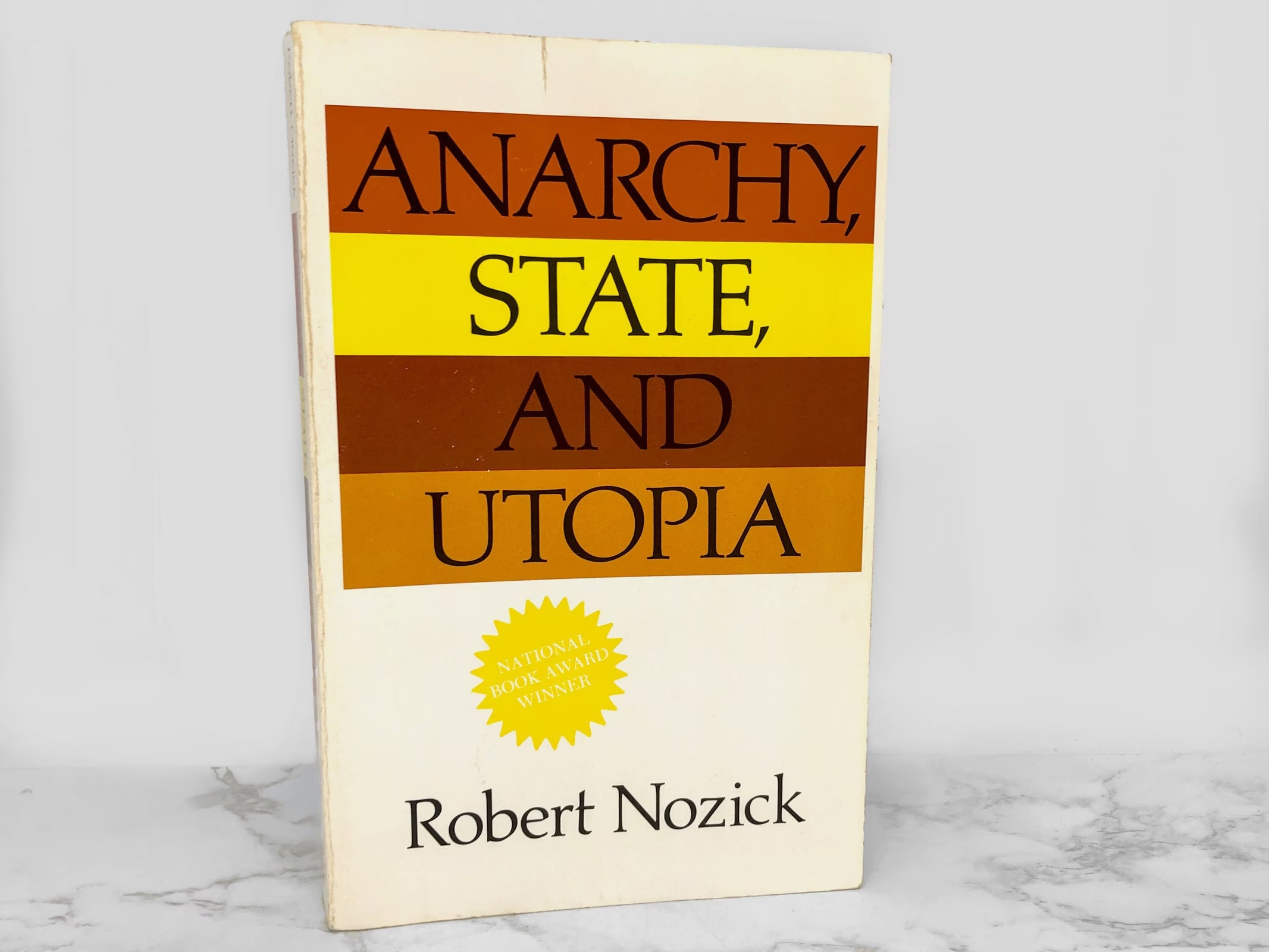I show a lot of interest in vice issues. I belong to a population that has been—fairly or unfairly—associated with vice. But in a sense, vice legislation is small potatoes. The biggest thing separating conservatives from libertarians is the question of war.
As I see it, there are three distinctively libertarian arguments against war. These are over and above the obvious objection to war, which is in no way particular to libertarians: war is intrinsically a calamity and an evil.
These three arguments could each be thought of as particularly libertarian takes on why war is bad, but they should not be understood as the sudden, libertarian discovery that war is bad. (Even if at times it really does feel like we’re the only consistently antiwar folks out there.) They’re embellishments at best, but they do help to illustrate the libertarian way of thinking, and if they turn even a few people more antiwar, then so much the better.
1. War Is the Health of the State
Hang around us long enough, and you’ll hear it: War is the health of the state. But what it really means isn’t as obvious as it should be. Even many libertarians probably don’t know what Randolph Bourne meant when he coined the phrase, back in 1918.
Bourne conceptually split what we might call “the United States” into three distinct things: the country, the government, and the state. Yes, these terms are often used interchangeably—rightly or wrongly—along with a gaggle of others, but Bourne was very clear about what he meant in each case, and I find the payoff exquisite.
The country was not political. It was simply the people. As Bourne described it: “a loose population spreading over a certain geographical portion of the earth’s surface, speaking a common language, and living in a homogeneous civilization.”
That’s easy enough. The state was a different thing entirely:
But State is essentially a concept of power, of competition: it signifies a group in its aggressive aspects. And we have the misfortune of being born not only into a country but into a State, and as we grow up we learn to mingle the two feelings into a hopeless confusion.
The State is the country acting as a political unit, it is the group acting as a repository of force, determiner of law, arbiter of justice. International politics is a “power politics” because it is a relation of States and that is what States infallibly and calamitously are, huge aggregations of human and industrial force that may be hurled against each other in war.
In Bourne’s terminology, the state was not a group of people. It was not a tangible thing at all. The state was an idea—an idea of all of us doing something powerful together.
Bourne observed, I think fairly, that most would mingle their feeling for the country into their feeling for the state. They would mix the feeling they had for their families, for their favorite local grocer, or for baseball… into something potentially more sinister, and certainly more violent. And the state appears to get the better of the deal: It started out as just an idea, and it took on the illusion of reality, and it became able to influence people to do things.
Yet the state is a dangerous thing to love. In part, that’s because of the government:
[Government] is the machinery by which the nation, organized as a State, carries out its State functions. Government is a framework of the administration of laws, and the carrying out of the public force. Government is the idea of the State put into practical operation in the hands of definite, concrete, fallible men… Government is the only form in which we can envisage the State, but it is by no means identical with it. That the State is a mystical conception is something that must never be forgotten. Its glamour and its significance linger behind the framework of Government and direct its activities.
The state is a myth, as Ernst Cassirer would later write. When we believe strongly enough in a myth, we don’t make the myth come true, of course. But we commonly get something else instead, something unintended and potentially harmful. As for the state-myth, believing in it gets us not the state, but ever more government.
Now I believe that government may be good or bad, needed or unneeded, in various circumstances. Whatever the case, it will never be as pretty as the myth of the state to its believers. Government exists to try to do the impossible, to realize a myth. Much of the libertarian enterprise consists simply of pointing out the yawning gap between the state and the government: you want this, but they give you that. And you pay for it, every single time, and you tell yourself that there is no difference.
One might almost say that a libertarian is one who loves the country, mistrusts the government, and despises the state; and in this context, “Smash the state!” need not be an anarchist slogan at all. On the contrary, it is one that I could wholeheartedly subscribe to, even despite my doubts about anarchism. We would all be better off if we tasked the government with chasing fewer illusions.
The application to war is now obvious: War is a great, collective, state-like enterprise, in which we imagine that the United States (a state!) goes to war, using each of us as needed to achieve the goal. War is where we most vividly and fervently imagine the state, the great Power that unites us all. War makes the state come to life.
In reality, of course, the war isn’t fought by the state, which is only an idea. The war is fought by the government, which is a collection of people. Ideas don’t suffer, but people do, and they can also inflict untold cruelties on others. Thinking too much of states tends to make us forget all that. It makes us shovel more and more power at the government, even as we forget, or conceal, the fact that the state and the government are not the same.
2. War is the Death of Markets
Aside from the immediate destruction of war, libertarians often add that war has more widespread and less obvious harmful effects. We believe that much of what’s good about society is to be found in the market, which allocates resources about as efficiently as we can hope for, which realizes gains from specialization and trade, and which gives consumers more choices than they tend to enjoy under other systems of production.
War wrecks all of that: It destroys industrial capital in the most direct sense imaginable. It destroys the security of property that would otherwise allow entrepreneurs to begin long-term projects. It destroys the price system, through widespread government appropriations, rationing, and price and trade controls. It destroys commercial networks of assurance and trust. Re-establishing all of these afterward can take years or even decades, and during this time, people continue to suffer relative to what might have been. As Ayn Rand put it: “The trader and the warrior have been fundamental antagonists throughout history. Trade does not flourish on battlefields, factories do not produce under bombardments, profits do not grow on rubble.”
Commerce is ideally about giving value for value; war is ideally about destroying things that other people value. A contrast in principle can hardly be more stark than that, even while the effects in practice have perhaps been too little documented by economic historians. Admittedly, there is something a little impolite about it: Beyond the immediate carnage and privation, war casts a long, cold shadow, but it may not do to measure it too precisely.
Now, those who find capitalism an incidental or a detrimental component of modern society are unlikely to find this objection persuasive, of course! And conventional wisdom holds that war is good for the economy. Conventional wisdom is apt to be dead wrong, and here I believe that it is, at least for any humane definition of what an economy ought to be doing.
The claim that war is good for the economy comes from two directions. First, it is shown that some economic sectors—or to be precise, some lucky participants in some economic sectors—will make enormous profits from any war. And they do! But these profits come at the price of inevitable and much larger losses elsewhere in the economy. The profits at hand are not net gains. They are the small but very visible revenue component of a social balance sheet that runs deeply into the red, even if we very callously disregard the human costs of war.
Second, it is shown that GDP will commonly rise during a war. But GDP is a poor measure of economic well-being. GDP commonly rises during natural disasters, too, as people undertake new (albeit decidedly unwelcome) economic activity, all to get back what they formerly enjoyed. The wealth lost in a natural disaster isn’t subtracted from GDP, and that lost in a war isn’t counted either.
It cannot be good for an economy to take raw materials, laboriously make them into finished products, and then destroy those finished products without consumers ever having benefited from them. And yet apart from whatever goals a war may accomplish, that is precisely what war does. Those who praise war’s good economic effects are displaying a particularly ghoulish example of the broken window fallacy.
All that time we’ve spent on war, all the resources, all the lives – what if it were used on something else? It doesn’t have to be anything terribly grand. (If Randolph Bourne’s right, it might be better if it’s not grand at all.) What might we have had? How many comfortable, ordinary, decent lives? How many scientific discoveries? What literature and art? If we humans are developing toward something really great—and I firmly believe that we are—how much closer would we be?
3. The Invisible Hand Makes War Worse
The productivity of capitalism has made war a much nastier affair than ever before. As Ludwig von Mises wrote:
If the efficiency of capitalism is directed by governments toward the output of instruments of destruction, the ingenuity of private business turns out weapons which are powerful enough to destroy everything. What makes war and capitalism incompatible with one another is precisely the unparalleled efficiency of the capitalist mode of production. (Human Action, p 828.)
Two notes: First, to a great degree this holds true for noncapitalist countries as well, in that they will sooner or later acquire any technology developed in a capitalist country. As long as capitalism exists somewhere, there will be transfers. And although command economies are bad at providing consumer goods, they are often good enough at making weapons.
Second, while the Manhattan Project was indeed a government endeavor, it was conducted by the government of a capitalist country, a fact I find revealing, because the tyrannies of the day didn’t do it. The Manhattan Project was also virtually the last endeavor needed to make war as deadly as anyone could wish: We’re in Mises’ endgame now.
To be sure, his argument amounts to some serious fire-eating. Conceivably, one could have raised the very same stylized fact in an argument not against war, but against capitalism: Let us not pursue capitalism, one might have argued, because one day capitalism will give us the capacity to destroy the earth. That’s a capacity we’re better off without! (If you don’t believe this, simply expand the number of parties who have that capacity and/or lower the costs of doing so until you are convinced.)
There are two problems here: First, at least for us, the horses have already left the barn. For Mises, too: he wrote and revised Human Action in the early days of the atomic era, when these questions were perhaps more to the front of the mind than they are today. We can’t go back to the days before nuclear weapons. Still less the days before dynamite. We can disarm, and disarmament might even be a good idea, but we can’t unlearn. War will always have the potential to be deadlier, from here on out, no matter what we do.
Second, those horses would probably have left the barn regardless of our intentions. Although Mises does not make this point explicitly, it seems clear to me that what he describes is an invisible hand process—a product of human action, but not of human design. No one needs to intend to make war more deadly. It simply becomes that way whenever greater production efficiencies are realized. Technologies with otherwise innocent industrial applications are often and easily turned to war, even without the incentives that governments face to be the first in developing new weapons.
What emerges is a consequentialist constraint on our behavior, whether we live under capitalism or not, and whether we like capitalism or not. War has changed for the worse, forever. The ancient world may have glorified it, and may at times have made war the very foundation of civic virtue, but we simply can’t anymore. A new foundation must be found, or the idea given up entirely.
Reprinted with permission of the CATO Institue.












